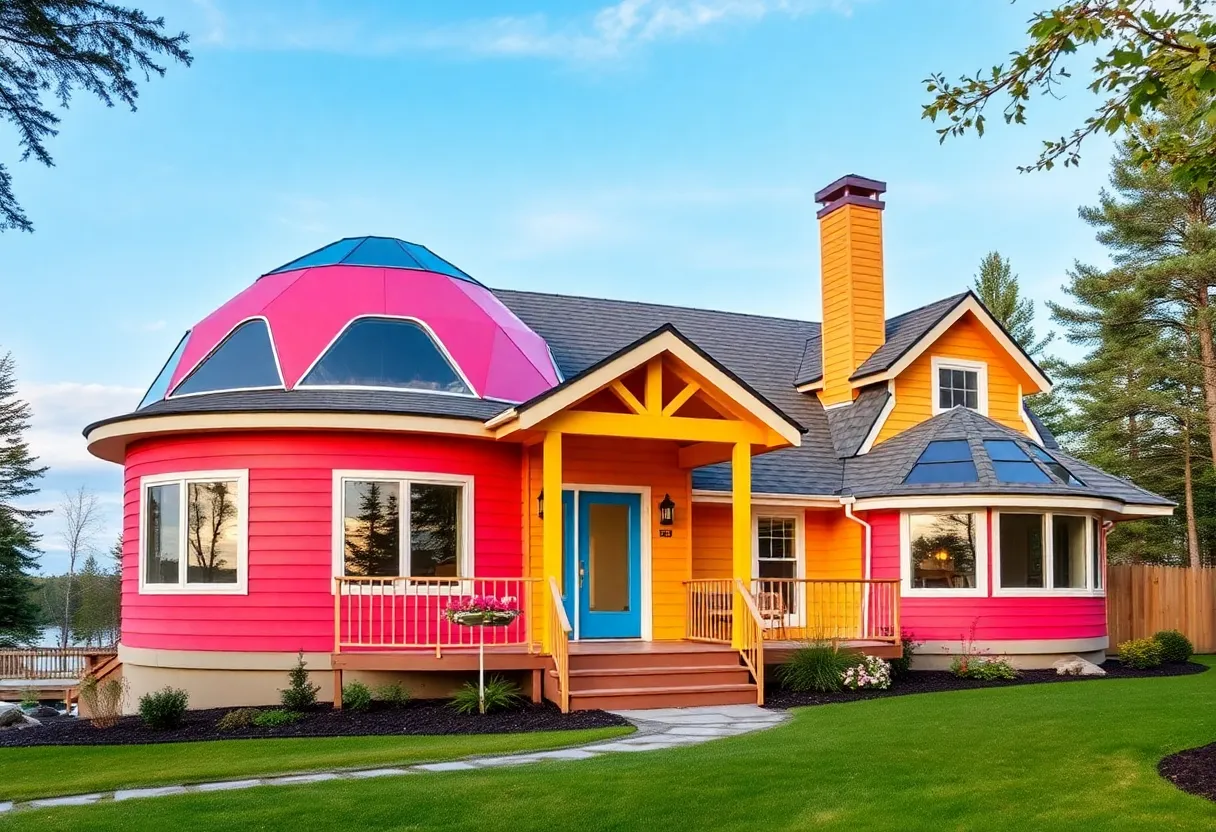The Best Kitchen Countertop Materials for Every Style and Budget
Choosing the best kitchen countertops plays a pivotal role in defining the kitchen’s aesthetic and functionality. With numerous options available, it is vital to consider your personal style, budget, and the practical needs of your kitchen space. This guide analyzes different countertop materials, categorizing them by style and costs, enabling you to make an informed decision.
1. Understanding Your Needs
Before diving into specific materials, it is essential to assess your kitchen’s usage, design theme, and budget. Questions to consider include:
- How much cooking do you do?
- Do you require a durable surface, or is aesthetic more important?
- What is your budget for countertop installation?
Knowing the answers to these questions will guide you in choosing the right countertop material.
2. Popular Kitchen Countertop Materials
Here is a breakdown of popular countertop materials categorized by style and budget.
2.1. Natural Stone
Natural stone countertops are synonymous with durability and luxury. They offer unique aesthetics that can enhance any kitchen design.
Granite
Granite is one of the best kitchen countertops regarding durability and variety. Each slab is unique, providing a personal touch. Prices typically range from $40 to $200 per square foot, depending on quality and rarity.
Marble
Marble is renowned for its elegance and is a popular choice for high-end kitchens. However, it is porous and can stain easily. Prices can range from $50 to $250 per square foot.
Soapstone
Soapstone is a softer stone that offers a rustic appearance. It is resistant to heat and stains, making it functional. Expect to pay between $50 and $150 per square foot.
2.2. Engineered Stone
Engineered stone, specifically quartz, combines natural stone particles with resins. It is non-porous and highly resistant to scratches and stains.
Quartz
Known for its versatility, quartz countertops come in various colors and patterns. They are low-maintenance and durable, with cost ranging from $50 to $150 per square foot.
2.3. Laminate
For budget-conscious homeowners, laminate offers a cost-effective option. It comes in countless colors and designs, mimicking the look of natural stones.
Features of Laminate
Costing between $15 to $50 per square foot, laminate is easy to clean and install. However, it is less durable than stone and can be susceptible to scratches and heat damage.
2.4. Solid Surface
Solid surface countertops are made from acrylic or polyester resins. They are seamless and can be easily repaired.
Benefits of Solid Surface
Costing around $50 to $100 per square foot, solid surfaces are easy to maintain and come in various colors. It is an excellent choice for a contemporary kitchen.
2.5. Wood
Wood countertops, or butcher blocks, offer warmth and natural beauty. They are suitable for food preparation and can be sanded down to remove scratches.
Considerations for Wood
Prices range from $30 to $150 per square foot. However, wood requires regular maintenance, including oiling and sealing. It is not suitable for high-moisture areas unless properly treated.
2.6. Concrete
Concrete countertops provide an industrial aesthetic. They can be custom-made with various colors and finishes. However, they can be prone to chipping and cracking.
Characteristics of Concrete
Installation costs typically range from $100 to $200 per square foot. Concrete needs sealer applied periodically to avoid stains and water damage.
2.7. Recycled Materials
For environmentally conscious homeowners, recycled materials are an innovative option. They can be made from recycled glass, paper, or concrete.
Advantages of Recycled Materials
Prices vary widely but generally range from $50 to $150 per square foot. Recycled surfaces are unique, sustainable, and often stylishly designed.
3. Balancing Style and Budget
Finding the best kitchen countertops requires a balance between style preferences and budget constraints. Here are a few tips:
- Prioritize Your Must-Haves: Identify features that are non-negotiable, such as durability or aesthetics.
- Consider Cost Over Time: Factor in maintenance costs, longevity, and the need for replacement.
- Shop Around: Prices can vary significantly between retailers and local fabricators; always obtain multiple quotes.
- Look for Sales: Discounted samples or clearance items can provide quality choices at a fraction of the price.
4. Maintenance Considerations
Different materials require varying levels of maintenance. Understanding maintenance requirements is crucial in ensuring your countertop longevity.
4.1. Natural Stone
Regular sealing is required to protect against stains and bacteria. Proper cleaning agents are critical to avoid damage.
4.2. Engineered Stone
Typically low-maintenance; a soft cloth and mild detergent are usually sufficient for cleaning.
4.3. Laminate
Easy to clean but avoid harsh cleaners. Laminates can be scratched, but they are generally resistant to staining.
4.4. Solid Surface
Resistant to stains and scratches, solid surfaces require minimal maintenance for a lasting appearance.
4.5. Wood
Requires regular oiling to prevent dryness and warping. Clean with a damp cloth and mild cleaner. Avoid excessive water.
4.6. Concrete
Needs resealing to prevent stains and moisture penetration. Cleaning requires gentle cleaners to avoid etching.
4.7. Recycled Materials
Maintenance varies depending on the composition of the material. Generally, they are designed for durability and ease of cleaning.
5. Conclusion
The selection of the best kitchen countertops is a subjective decision based on individual preferences, environmental considerations, and budgetary constraints. Whether you lean towards the elegance of natural stones or the cost-effective nature of laminate, understanding each option’s unique benefits and drawbacks will empower you to make the best choice for your kitchen. Prioritize your needs and shop wisely to create a kitchen that marries function with style.


